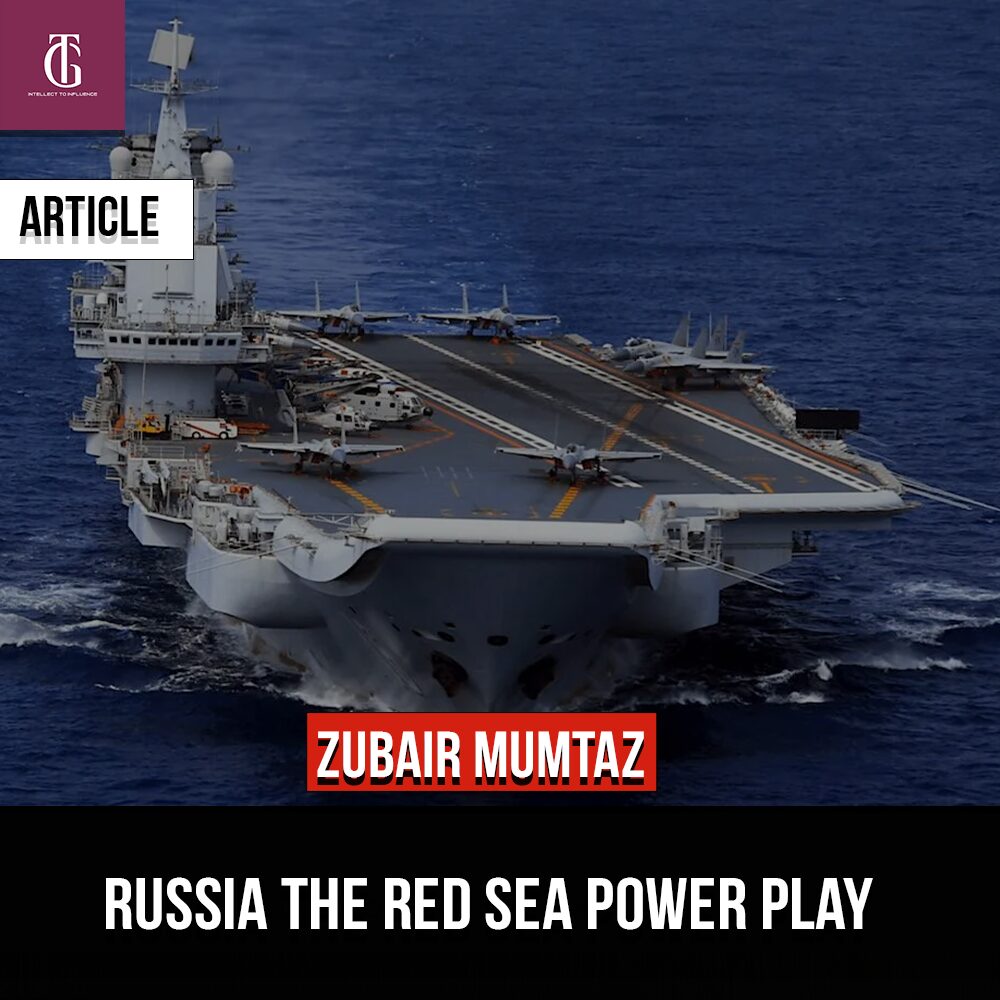Russia’s deployment of naval vessels to the Red Sea to safeguard the Houthis in Yemen is a calculated maneuver designed to shield economic concerns in the area. The Red Sea serves as a crucial intercontinental route that manages 22 percent of the world’s maritime container trade, with the Suez Canal to the north and the Bab-el-Mandeb Strait to the south serving as vibrant shipping lanes for Russian oil and Chinese goods. Through the dispatch of warships to the Red Sea, Russia is guaranteeing secure transit for ships and safeguarding economic stakes in the region.
The move has consequences for international relations, as it may indicate a shift in Russia’s stance on the conflict in Yemen. Russia has conventionally been an ally of the Houthis, but its decision to send warships to guard them may be seen as a more active role in the clash. This could have implications for Russia’s relations with other key players in the region, such as the United States and Saudi Arabia, which have been critical of the Houthis’ actions.
In terms of military strategy, Russia’s move may be seen as a challenge to the United States’ presence in the region. The United States has been carrying out strikes against Houthi targets in Yemen in an attempt to deter the group’s attacks on shipping in the Red Sea. Russia’s decision to send warships to protect the Houthis may be seen as a counter to this strategy and could potentially lead to further escalation in the region.
The broader geopolitical context of the Red Sea is also important to consider. China and Iran are key players in the region, and their interests may be impacted by Russia’s decision to send warships to protect the Houthis. The Red Sea is a critical shipping route for Chinese merchandise exports to Europe, and any disruption to this route could have significant economic implications. Iran a key ally of the Houthis, and concerns may be wedged by any changes in the conflict.
Impact on Red Sea Crisis
Russian warships entered into the Red Sea to safeguard Yemen’s Houthis holds significant importance across various dimensions. However, it indicates Russia’s growing ambitions in the Red Sea region and yearning to challenge the United States and Europe for influence in pivotal region. On the other hand, Russia is mounting presence in the region and strengthening diplomatic and security partnerships with key players like China and Iran.
The accord between the Houthis, China, and Russia to guarantee safe passage for their ships in the Red Sea and Gulf of Aden in exchange for heightened political support on the global stage has potential consequences for international relations. The pact may lead to blockage of resolutions condemning the Houthis in the United Nations Security Council, which could impact the international community’s ability to address the conflict in Yemen.
The Russian warships’ entry into the Red Sea amid Houthi attacks on merchant shipping may be seen as a counter to the United States’ strategy of carrying out strikes against Houthi targets in Yemen to deter the group’s attacks on shipping in the Red Sea. This could potentially lead to further escalation in the region, as both the United States and Russia may view these actions as a threat to their interests.
The Red Sea crisis, which has seen the Houthis attacking vessels transiting through the Red Sea and surrounding waters, is impacting global trade and shipping. The crisis has led to increased geopolitical risks, which have not yet translated to higher spot rates, but the situation remains uncertain and could change in the future.
In conclusion, Russia’s deployment of warships to safeguard Yemen’s Houthis carries substantial geopolitical consequences. Moreover, strategic maneuver is primarily geared towards safeguarding Russia’s economic interests in the belt, yet it could also have repercussions on global relations and military tactics. It is crucial to consider the wider geopolitical landscape of the Red Sea, as the actions of major players such as China, Iran, and the United States could be influenced by Russia’s actions.
Zubair Mumtaz
Zubair Mumtaz a Conflict Analyst and M.Phil. Scholar at National Defence University. Currently, he is an author at (Eurasia Review and Stratheia), also a Research Associate at Radiant Journal Foundation. The author explores the complexities of regional/Global dynamics, offering insightful perspectives on security issues and conflict.






